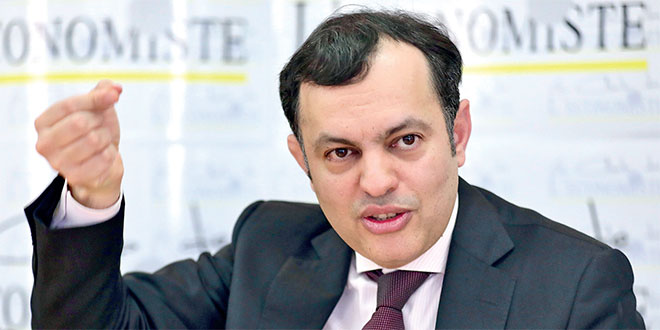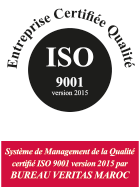«For the first time, all issues are on the table with a real commitment to coordination among all stakeholders.»Youness Sekkouri, Minister of Employment and Economic Inclusion, has ambitious plans for the new employment strategy, aiming to eliminate inefficiencies that hinder progress in this sector.

Speaking at Club de L’Economiste last Friday—an event that will be fully covered in the upcoming edition—Sekkouri reaffirmed the existence of a «genuine political will» behind this initiative. The government’s objective with this new plan is to enhance coherence between various programs, policies, and the major employment challenges. The plan specifically targets key constraints such as territorial equity, improved collaboration among stakeholders, and better alignment of workforce supply with market demands.
The broad strategic directions of the new National Employment Plan were recently presented at the latest Government Council meeting. A detailed roadmap is currently being finalized for official adoption. «We are finally seeing the light at the end of the tunnel,» Sekkouri stated. The financial resources required for implementation will be incorporated into the Finance Law. The next phase involves a consultation tour across different government departments to finalize the specific programs and detailed measures.
As part of the government’s strategy, 14 billion dirhams have been allocated this year to tackle new labor market challenges. The new approach is the result of extensive discussions with key economic and social stakeholders, including employers (via the General Confederation of Moroccan Enterprises - CGEM). These discussions have facilitated a deep-dive assessment and the identification of key initiatives and intervention programs.
The new employment roadmap is structured around three major pillars: First, Investment Support which includes government initiatives to encourage SMEs to generate jobs, complementing the new Investment Charter. Second, active employment programs. Third, rural workforce development, focusing on small farmers and livestock breeders.
M.A.M.


























